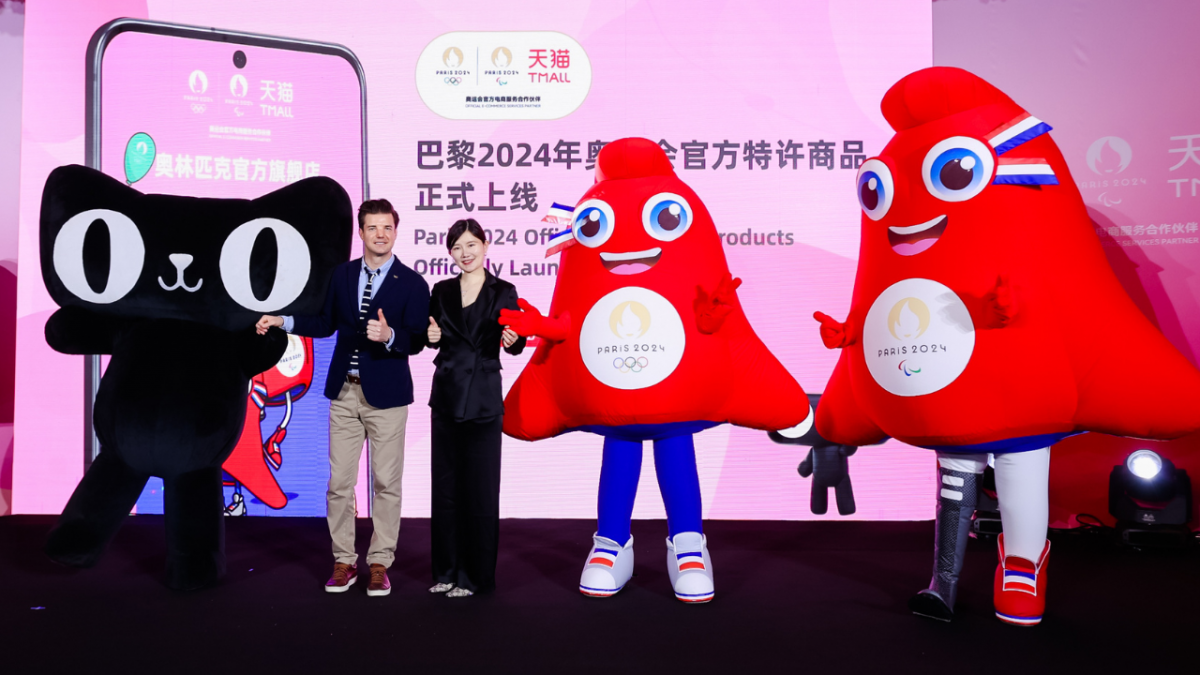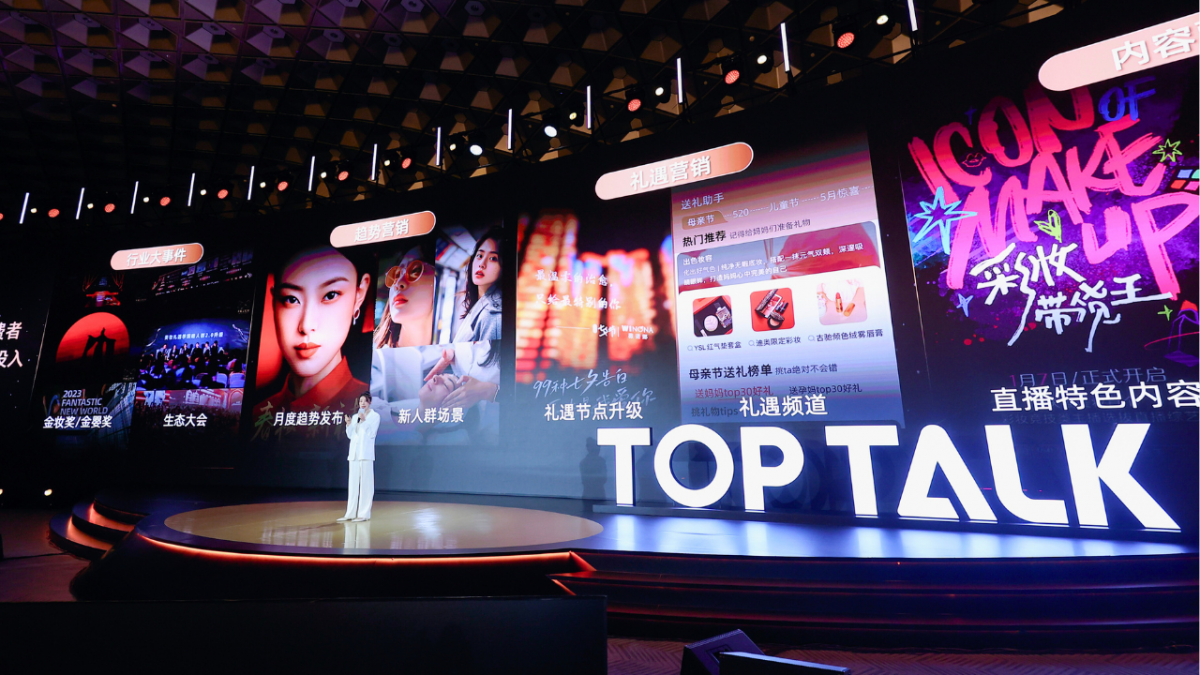
China’s Singles Day has become a beloved national holiday, the biggest shopping day in the world, and has changed the face of e-commerce not only in China, but globally. What is it about this newly invented commercial holiday that grabbed the hearts and wallets of Chinese consumers?
There are a few versions of the Singles Day origin story floating around, but it is generally accepted that some lonely male undergrads at Nanjing University invented the day in the early ’90s to celebrate/mourn being single. They chose Nov. 11 because the four 1s in the date, 11/11, represented singles. It was a day to gather with other single friends, go to bars, hold blind date parties and try your luck at meeting someone new. It soon spread to other campuses in Nanjing and then to campuses around the country. Not long after that it started to leak into the mainstream and in China became a popular alternative to Valentine’s Day.
There were early signs of what it would become in the future because people started buying themselves gifts, spent a lot of renminbi on food, drinks, and small parties. In 2009 Alibaba recognized the commercial potential of the day and started running massive sales on its shopping websites, Taobao and Tmall, and encouraged brands to participate. Just 27 merchants joined the first 24-hour sale.
Over time, bars, restaurants, and retailers began promoting the holiday. But its greatest expression of pure commercialism was manifested online. By 2013 Alibaba, which calls the event the 11.11 Global Shopping Festival, realized $5.8 billion in GMV (sales) on the day and last year, with 27,000 retailers participating, $9.3 billion in GMV ‚Ķ in one day. That’s more turnover than sales generated on Black Friday weekend and Cyber Monday combined.
So how did an invented, secular holiday, spurred on by retailers, restaurants, e-commerce platforms, become the biggest commercial holiday on Earth?
Some parallels can be drawn between China’s rapidly expanding middle class today and the rise of consumerism in the U.S. In the wake of WWII, the world’s first Super Consumers emerged stateside, driven by a perfect storm of a new middle class, expanding suburbs, increased leisure time, and the newly important art and science of advertising, all of which combined to create the largest and most profligate group of consumers in the world.
An additional and significant part of what drove spending in the ’40s, ’50s, and ’60s was the mass commercialization of traditional holidays like Christmas, Halloween and Easter, and the invention of new ones like Mother’s Day and Father’s Day. Soon retailers and brands planned their years not only around seasons, but holidays, driving millions to spend big at urban department stores and suburban malls.
Fast forward to China today. Over the last few decades, the country’s spectacular economic rise spawned a middle class that according to a recent report from Credit Suisse is now is larger even than the U.S. middle class. China has also surpassed the U.S. in its population of billionaires, and is now home to more than 4 million seven-figure households.
It is this Chinese middle class (which by some estimates will double to more than 300 million people in the next decade, exceeding the entire U.S. population) that is driving consumption in China. Like their American forebears, these consuming newbies are spending on new homes and the modern conveniences to fill them with. They are dining out; they are traveling in record numbers and buy more cars than any country in the world. And they are being advertised to. Everywhere. All the time.
So it’s not surprising, rather it was almost inevitable, that traditional holidays have been commercialized in China as they were in the U.S. The country’s National Day (celebrating the founding of the PRC) and Spring Festival (Chinese New Year) are now seven-day shopping sprees known as “Golden Weeks.” Meanwhile, a recently invented holiday became not only a celebration of being single, meeting new people and having fun, but an excuse for retailers to slash 40%-60% off regular prices.
In many ways the success of Singles Day can be explained by the fact that Chinese consumers think and act just like consumers around the world and Chinese companies and brands want to market and drive profit at holiday time like companies around the world. History repeats itself.
That said, there are a few things that set Chinese consumers apart from other global consumers that explain their embrace of Singles Day in particular:
- Although early Chinese consumers of the modern era flocked to malls, luxury shops and department stores, the age of mass consumption has seen the majority of Chinese consumers skip over traditional channels and go directly to e-commerce, and in many cases directly to mobile commerce. Singles Day, which skews toward the young and wired, was commercialized online and is designed to be enjoyed online.
- China is made up of super-crowded urban areas and less-populated, under-retailed rural areas. For the former shopping online is not just a convenience but a necessity. For the latter there is no other way to have access to everything they want and need. In both cases the steep discounts of the day make it perfect for a splurge.
- China’s major e-commerce platforms invested the time and money to provide retail environments that speak directly to the Chinese culture and mindset, providing a platform for Chinese consumers and foreign brands to engage each other.
- In a culture where gift giving is interwoven so closely with family, friend and work relationships, Singles Day gives Chinese consumers the excuse and release they need to not only to provide for others but to indulge themselves.
Chinese shoppers have become increasingly sophisticated over the last five years. According to a 2015 study of more than 10,000 luxury online shoppers in China conducted by KPMG, although they remain value-driven, Chinese consumers—especially younger generations—are less price obsessed. These shoppers have “a significant propensity to spend, they are tech savvy and seek out the highest quality,” KPMG said in its China’s Connected Consumers report. “No longer restricted to spending for Chinese goods,” according to KPMG, they are even “looking for international bargains.”
Singles Day—Alibaba’s 11.11 Global Shopping Festival—is evolving with them. The sale today is a chance to discover new brands—more than 5,000 international brands from 25 countries are participating in the 11.11 festival this year—and pay full price for the right products, as evidenced by the fact that during the sale last year, online shoppers purchased tens of thousands of new cars. As Jeff Zhang, the chief of Alibaba’s China retail marketplaces, recently pointed out, the 11.11 festival is no longer “just for shopaholics.”
“It’s more like Christmas,” Zhang said.
Michael Zakkour is vice president, China/Asia Pacific Practice at global consulting firm Tompkins International and is the author of best-selling business book “China’s Super Consumers.” E-mail him at mzakkour@tompkinsinc.com




